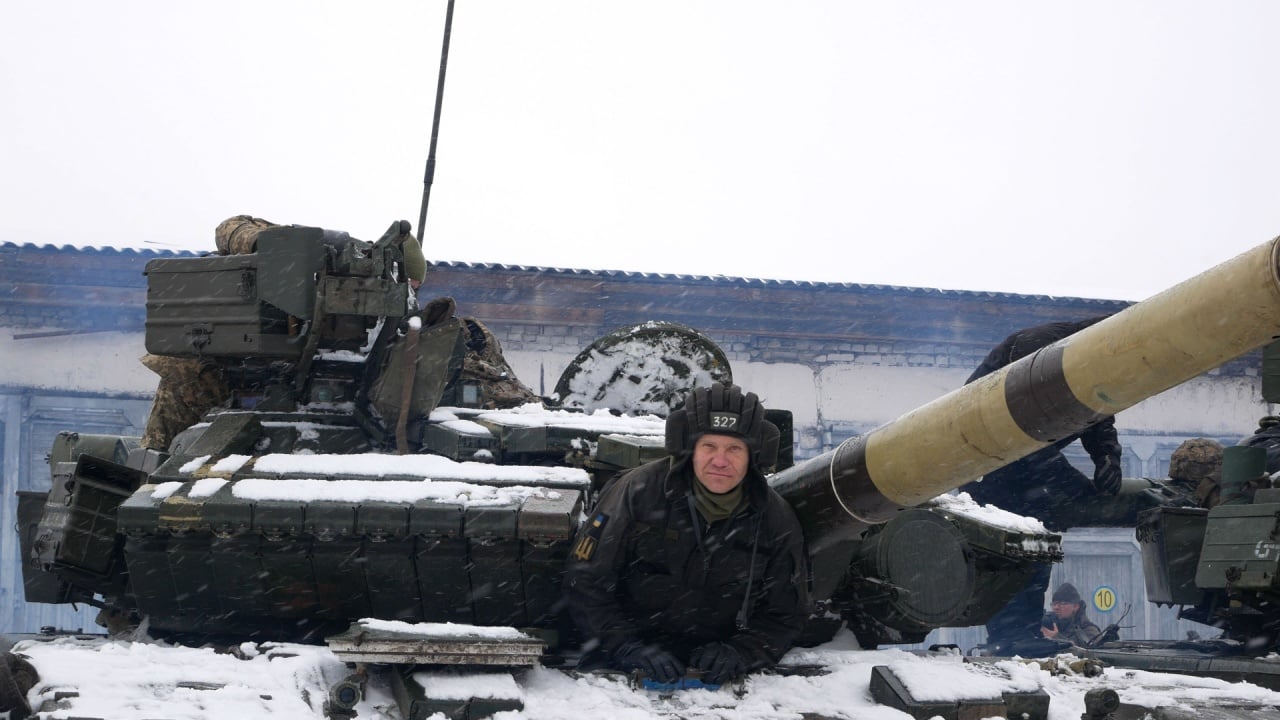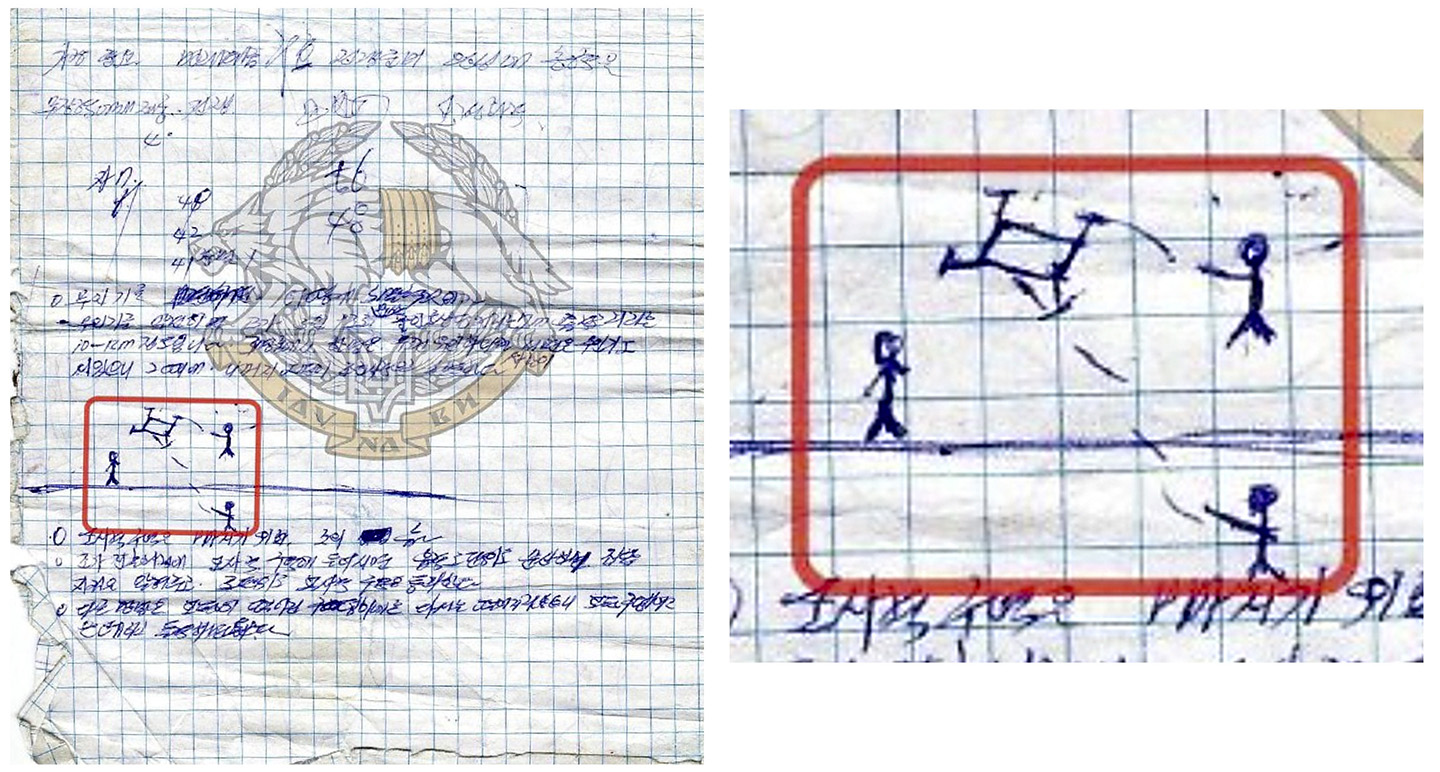Duleja
Advanced
Otvaram ovu temu sa prvenstvenom željom da se domaće teme rasterete. Česte i iznenadne upadice o događajima u svetu, kao i rasprave koje se onda lako rasplamsaju, čim izgube vezu s domaćim terenom, jednostavno remete tok razgovora koji se tiču problema u kući. S druge strane, bez sukobljavanja mišljenja i vlastitih predstava o svetskim politikama ne možemo, pa neka ovaj tome namenjen prostor učesnicima olakša tok razmene argumenata, a možda i njihovu koherentnost.
Nadam se da će moj skromni doprinos ‘redu u kući’ naići na odobravanje većine forumaša, kao i na blagoslov gosn moderatora.
I najzad, da ponudim i “vruć burek“ u vidu interesantnog dokumenta, nedavno izvučenog na svetlost dana. Datira iz vremena buđenja novog „hladnog rata“, čiju kulminaciju doživljavamo upravo u ovo naše vreme. Cenim da će biti naročito interesantan onima koji su inače skloni studiranju istorije.
Ukratko:
A Newly Declassified Memo Sheds Light on America’s Post-Cold War Mistakes
Opširnije:
The Long Telegram of the 1990s:
Embassy dissent argued against U.S. push for radical economic reform --
Top political officer predicted U.S. focus on markets over democratic institution-building would turn Russia anti-American and “adversarial” --
National Security Archive wins release of long-withheld cable through FOIA lawsuit --
Nadam se da će moj skromni doprinos ‘redu u kući’ naići na odobravanje većine forumaša, kao i na blagoslov gosn moderatora.
I najzad, da ponudim i “vruć burek“ u vidu interesantnog dokumenta, nedavno izvučenog na svetlost dana. Datira iz vremena buđenja novog „hladnog rata“, čiju kulminaciju doživljavamo upravo u ovo naše vreme. Cenim da će biti naročito interesantan onima koji su inače skloni studiranju istorije.
Ukratko:
A Newly Declassified Memo Sheds Light on America’s Post-Cold War Mistakes
Once in a great while, a diplomatic memorandum—the outline of a proposed change in policy sent from a foreign service officer to his political masters back in Washington—has momentous impact. The most famous of these is George Kennan’s “Long Telegram” of February 1946, which urged “a long-term patient but firm and vigilant containment of Russian expansive tendencies.”
Kennan, who was chargé d’affaires at the U.S. Embassy in Moscow, wrote the 5,000-word memo while debates raged at home over how to deal with the Soviet Union’s turn from wartime ally to Cold War adversary. The memo made a huge dent in this debate when Kennan published a shortened version of it, under the title “The Sources of Soviet Conduct,” in the July 1947 issue of Foreign Affairs. (The journal identified the author only as “X,” but word spread that he was Kennan.)
Now a similarly long memo, written nearly 50 years later, in the early days of the post–Cold War era and post-Soviet Russia, raises questions about how the world today might be different if Bill Clinton had heeded it as much as Harry Truman heeded Kennan’s.
Kennan, who was chargé d’affaires at the U.S. Embassy in Moscow, wrote the 5,000-word memo while debates raged at home over how to deal with the Soviet Union’s turn from wartime ally to Cold War adversary. The memo made a huge dent in this debate when Kennan published a shortened version of it, under the title “The Sources of Soviet Conduct,” in the July 1947 issue of Foreign Affairs. (The journal identified the author only as “X,” but word spread that he was Kennan.)
Now a similarly long memo, written nearly 50 years later, in the early days of the post–Cold War era and post-Soviet Russia, raises questions about how the world today might be different if Bill Clinton had heeded it as much as Harry Truman heeded Kennan’s.
Opširnije:
The Long Telegram of the 1990s:
Embassy dissent argued against U.S. push for radical economic reform --
Top political officer predicted U.S. focus on markets over democratic institution-building would turn Russia anti-American and “adversarial” --
National Security Archive wins release of long-withheld cable through FOIA lawsuit --
Document 1:
Wayne Merry Dissent Channel Cable from American Embassy Moscow to Secretary of State, “Whose Russia is it Anyway? Toward a Policy of Benign Respect”
Document 2:
Cable from Department of State to U.S. Embassy Moscow, S/P Steinberg Response to Dissent Channel Message from Head of Political Internal Section Embassy Moscow Wayne Merry
Wayne Merry Dissent Channel Cable from American Embassy Moscow to Secretary of State, “Whose Russia is it Anyway? Toward a Policy of Benign Respect”
Document 2:
Cable from Department of State to U.S. Embassy Moscow, S/P Steinberg Response to Dissent Channel Message from Head of Political Internal Section Embassy Moscow Wayne Merry








